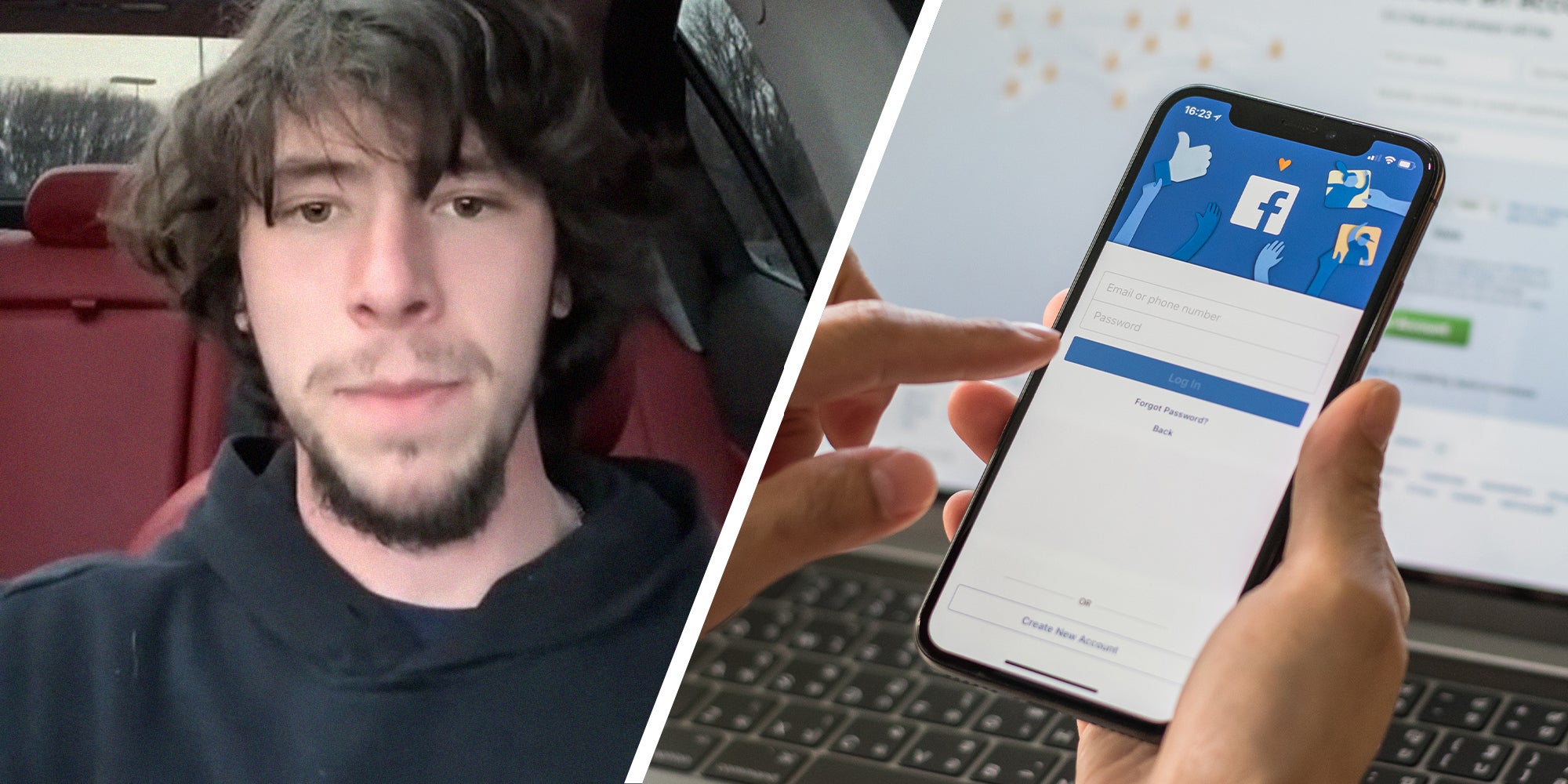‘I’m banned on PayPal. Can you do Apple Pay?’: Woman scams man out of $500 on Facebook Marketplace. Big mistake

Facebook Marketplace has built a reputation as a hotspot for scams, where buyers and sellers alike have been burned.
Shady listings, suspicious payment requests, and outright fraud are common, leaving many to wonder if any deal on the platform is worth the risk.
One recent TikToker, @bandupjaxs, thought he had found a good deal on car parts—but after sending $500 to the seller, he realized he had been scammed.
In his video, which has racked up over 1.1 million views, he walks through the measures he took to try to get his money back.
He thought the seller was legit—until he got blocked
According to @bandupjaxs, he came across a Facebook Marketplace listing for cheap car parts that he needed.
The seller had an active profile dating back to 2015, complete with family photos and a mix of five-star and one-star reviews. That was enough for him to trust the deal.
He messaged the seller and asked if they accepted PayPal, which offers some buyer protection. That’s when the first red flag appeared.
"Oh, I'm sorry, I'm banned off PayPal, but I have Apple Pay," he says the seller told him.
Feeling sketched out, @bandupjaxs said he stopped responding. But then, the seller managed to reassure him.
“And then he sends me a picture of his license, which the dude looks like him,” he recounts. “It's got the same name as the Facebook account and everything, so I'm like, all right, whatever.”
Thinking that was enough proof, he sent the money. That’s when he got blocked.
Tracking down the scammer
Realizing he had been scammed, @bandupjaxs started digging. He looked up the seller’s phone number and found an address linked to it. After getting some help from his followers, he tracked down the Instagram account of a woman in Georgia.
He messaged her, demanding his money back. She denied knowing anything about the transaction. To get proof, he asked for a screenshot of her Apple Pay logs, which she sent over.
For a moment, he believed her—until he noticed something suspicious.
"The [expletive] time is five hours off from my time," he says, explaining that they were in the same time zone.
That’s when he realized she had faked the screenshot.
Harassment, threats, and social engineering
At this point, @bandupjaxs went all in.
He says he found her address and sent it to her, threatening to post it publicly unless she gave him his money back. When she refused, he followed through, posting it on his story.
Then, he took it further.
"I start ordering [expletive] pizzas to her house," he says. "What else can I do?"
Not stopping there, he says he called local electricians and plumbers to show up at her door. When she still didn’t return the money, his followers tracked down her father’s workplace—which turned out to be a police department in Georgia.
According to @bandupjaxs, he called the department repeatedly and asked to speak with her father. Eventually, he got through. But instead of apologizing, the man told him he wasn’t sending any money back.
That’s when the threats escalated.
Crossing the line?
According to his own retelling, @bandupjaxs claims he found the officer’s Social Security number and texted it to him, along with his full name, date of birth, and address.
Then, he made one final demand.
"If you do not give me this $500, I will go to the bank and pull out a loan for exactly $500 [expletive] dollars and get my money back."
Shortly after, a notification popped up on his phone:
"$500 received."
Could he have handled the situation better?
While scammers deserve to be held accountable, @bandupjaxs’ methods might raise some serious ethical and legal questions.
Posting someone’s private information, ordering unwanted deliveries, and threatening them with personal data could easily cross the line into harassment or doxxing.
Doxing, specifically, is punishable by law in 10 U.S. states, though Pennsylvania—where @bandupjaxs says he lives—is not one of them.
Most experts recommend handling scams through law enforcement or payment dispute processes rather than taking matters into your own hands.
@bandupjaxs Explaining what happened today on my insta story
♬ original sound - Bandupjaxs
Viewers are on his side
In the comments section, viewers found @bandupjaxs’s story entertaining and congratulated him for getting his money back.
“Nah your followers are goated,” wrote one viewer, praising the creator’s audience.
“Bro fixed my attention span,” applauded another.
“Bro is seriously bout his bread this story is amazing,” wrote a third.
The Daily Dot has reached out to @bandupjaxs via TikTok and Instagram direct message. It also contacted Facebook via email for official comment.
Internet culture is chaotic—but we’ll break it down for you in one daily email. Sign up for the Daily Dot’s web_crawlr newsletter here. You’ll get the best (and worst) of the internet straight into your inbox.
Sign up to receive the Daily Dot’s Internet Insider newsletter for urgent news from the frontline of online.
The post ‘I’m banned on PayPal. Can you do Apple Pay?’: Woman scams man out of $500 on Facebook Marketplace. Big mistake appeared first on The Daily Dot.
dailynoti coindeskcrypto cryptonewscrypto bitcoinmymagazine mybitcoinist cryptowithpotato mycryptoslate fivenewscrypto findtechcrunch journalpayments nulltxcrypto newsbtcarea


Post a Comment